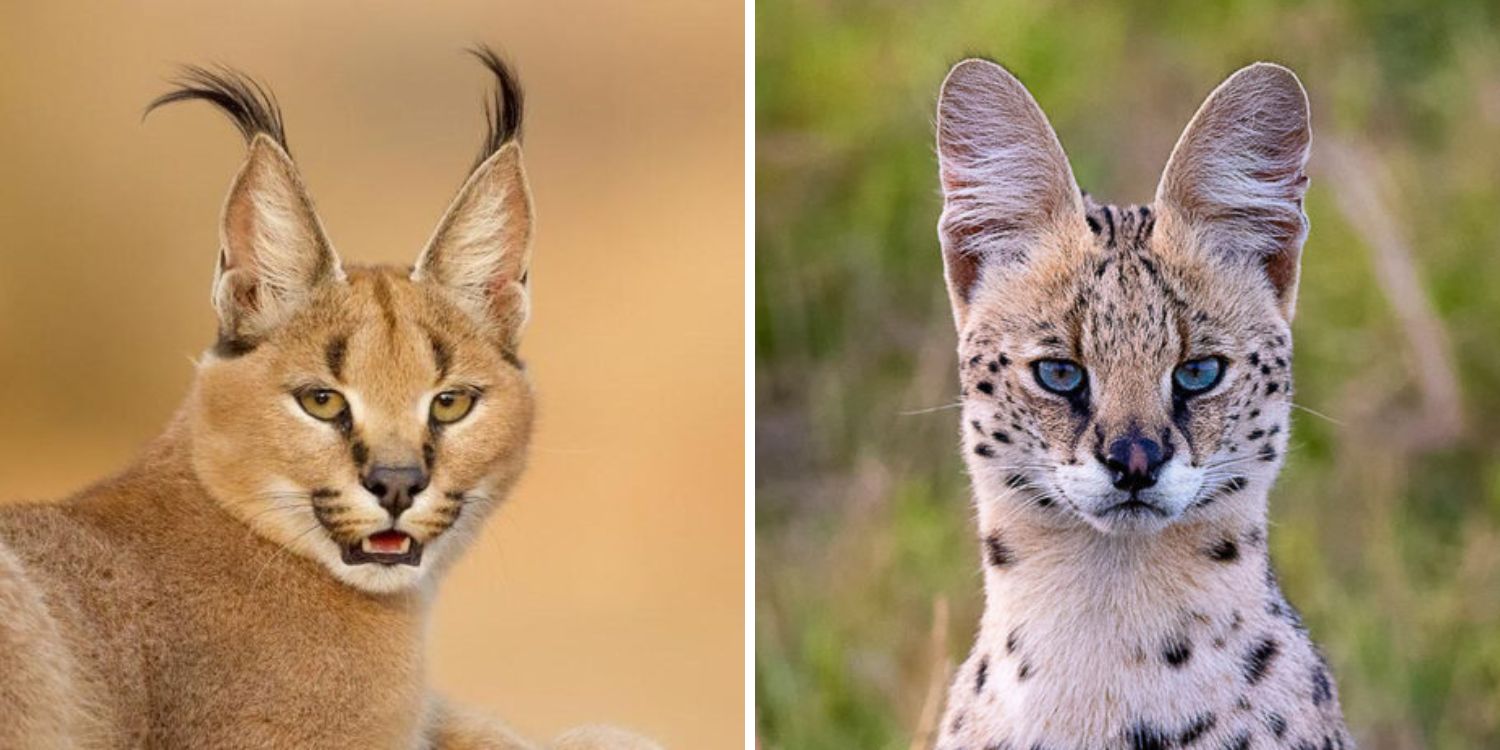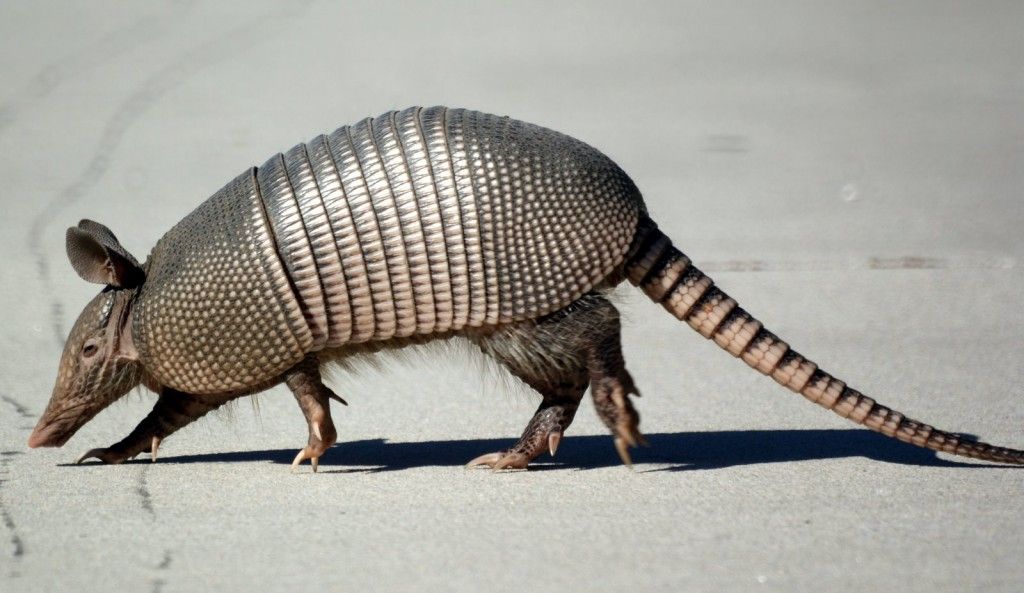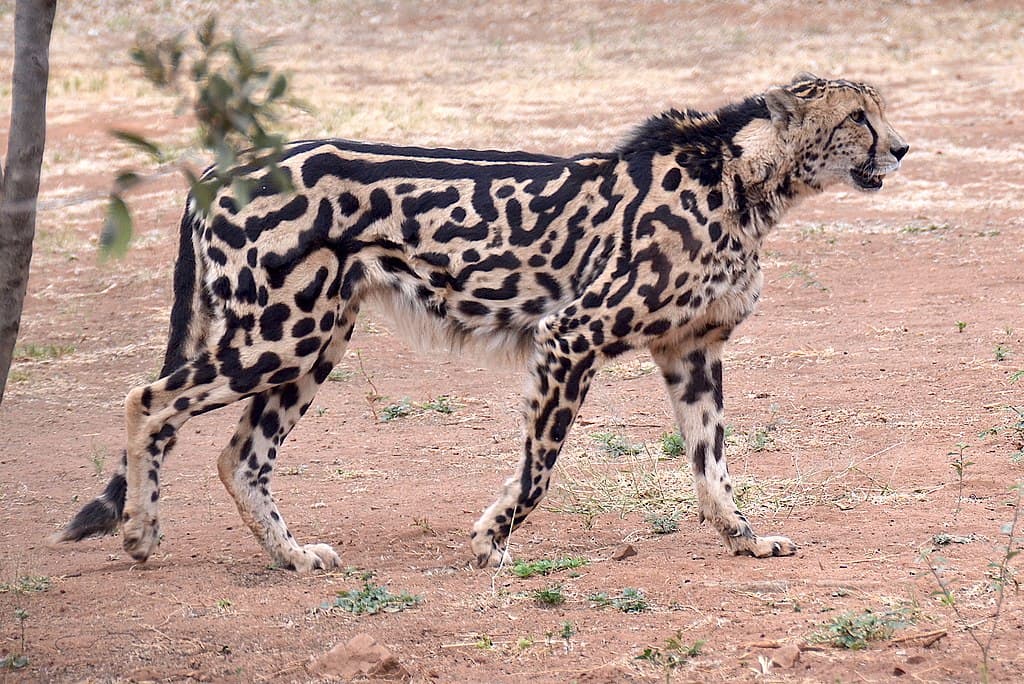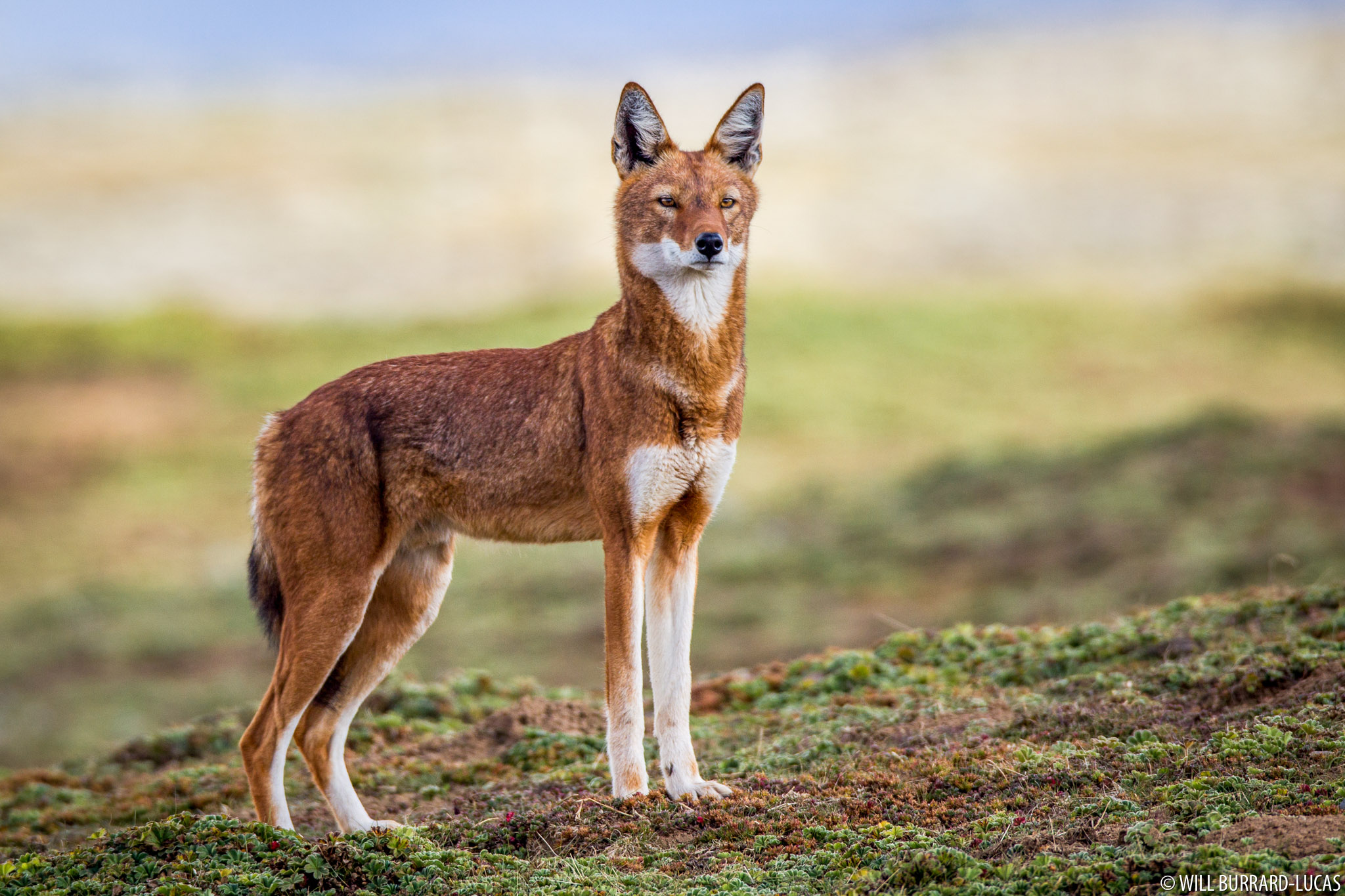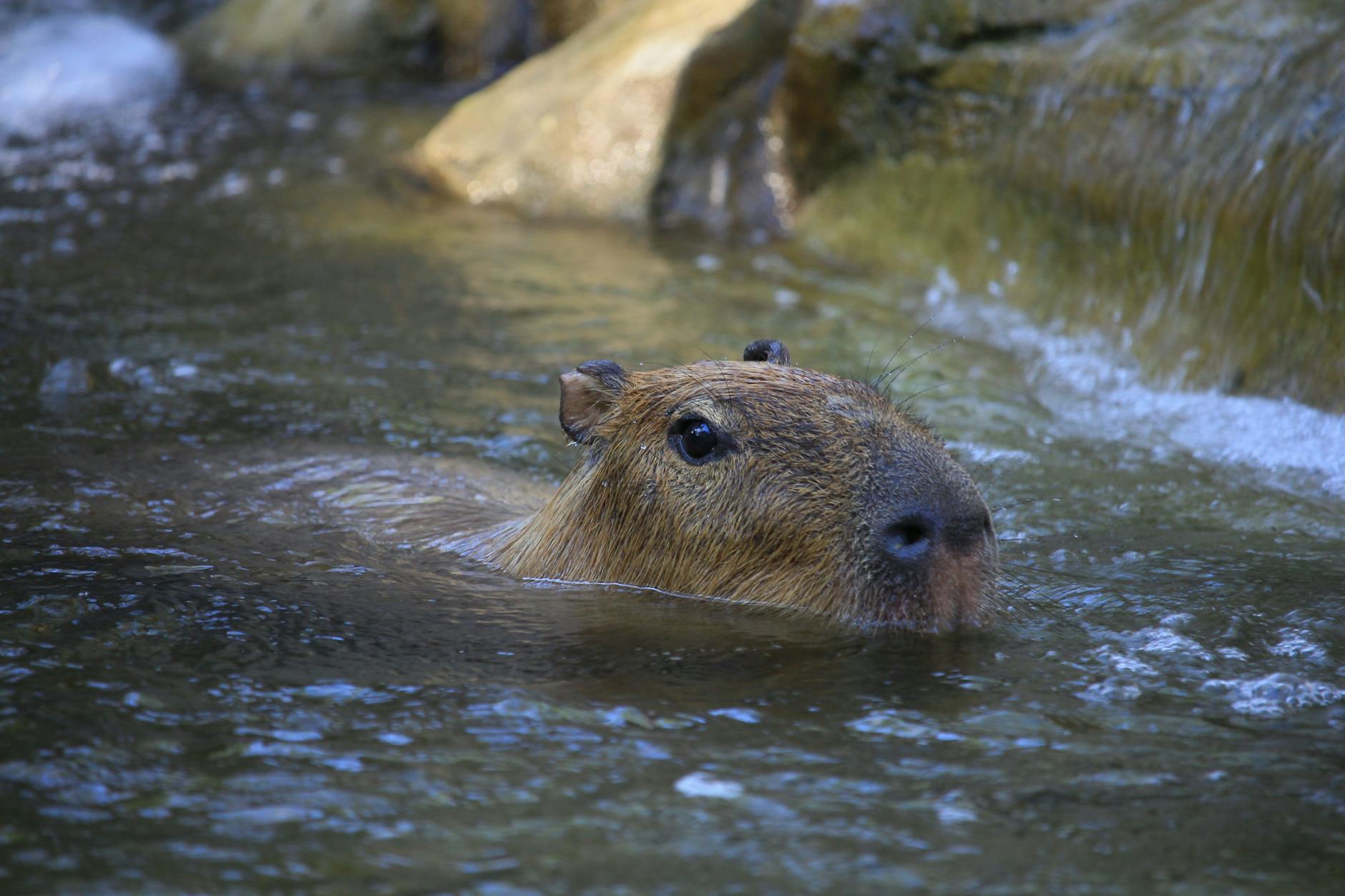
Capybara FAQs: Unveiling the Secrets of the World’s Largest Rodent
The capybara, with its chill demeanor and oversized charm, has captured the hearts of the internet. But these gentle giants are more than just social media stars! Here are some frequently asked questions to quench your curiosity about capybaras:
1. What are capybaras and where do they live?
Capybaras (Hydrochoerus hydrochaeris) are the world’s largest rodents, resembling giant guinea pigs. They are native to South America, inhabiting the lush rainforests, swamps, and savannas near bodies of water.
2. Why are they so big?
Their large size may be an adaptation to life in water. It helps them regulate body temperature, avoid predators, and reach leaves on higher plants.
3. Are capybaras semi-aquatic?
Absolutely! Capybaras are excellent swimmers and spend a significant amount of time in the water. Their partially webbed feet and waterproof fur make them well-suited for this aquatic lifestyle.
4. What do they eat?
Capybaras are herbivores, primarily feeding on grasses, aquatic plants, and fruits. They spend a good portion of their day grazing, with their specialized teeth adapted for grinding tough vegetation.
5. Are capybaras social creatures?
Highly social! Capybaras live in large groups called herds, which can number up to 100 individuals. They often share territory and resources with other animals, like caimans and birds, creating a peaceful coexistence.
6. Are they friendly towards humans?
Capybaras are generally docile and not aggressive towards humans. In fact, they are often seen interacting with other animals in their habitat, earning them the nickname “nature’s peacekeeper.”
7. Are capybaras endangered?
Thankfully, capybaras are not currently classified as endangered. However, habitat loss due to deforestation and hunting for their meat and fur are potential threats.
8. Can I have a capybara as a pet?
While keeping a capybara as a pet might seem tempting, it’s important to consider their specific needs. They require a large, watery habitat and specialized care. In most places, it’s also illegal to keep them as pets.
Bonus FAQ:
- Do capybaras make any sounds? They have a variety of vocalizations, including whistles, barks, and squeaks, used for communication within their herds.
- Why do they seem so relaxed? Their slow metabolism and social environment might contribute to their generally calm demeanor.
By learning more about these fascinating creatures, we can appreciate their role in the ecosystem and ensure their continued survival.


